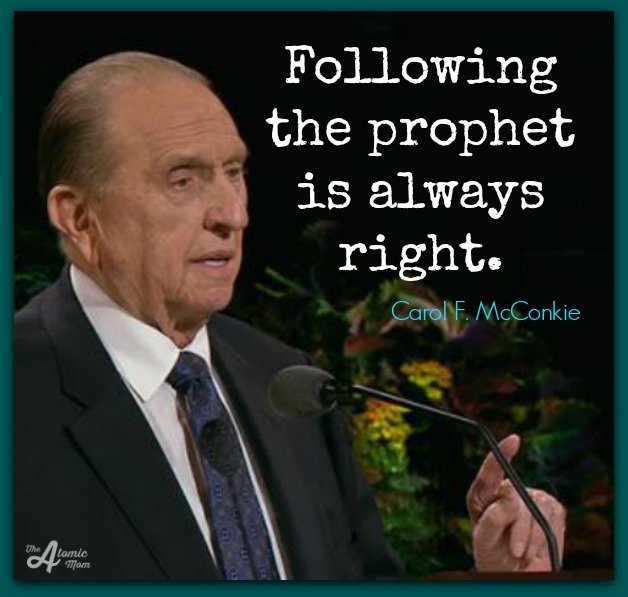There is an interesting post at BCC today called “On Faith and Choice.” The thing I find most interesting about it is that I feel like I wrote it in another life or something. It just sounds too much like me.
Though the post doesn’t really make any specific point (the author notes this), let me see if I can make a related point.
I do believe that faith and choice are universal. We all do both — and we all do both in large measures, though not necessarily in the same way or even in the same amounts over the same things.
I seem to be a very natural skeptic. I joke that even legitimate prescription drugs won’t work on me because of the nocebo effect. Luckily I am not a cynic, however (though after this post you’ll wonder if that’s true or not!)
Not all of us have the same capacity for spirituality nor the same capacity for belief in a spiritual world. Sam (the posts author) points to the very same D&C passage I use to talk about this. We don’t come to earth with the same spiritual strengths and gifts.
We do, however, all have a capacity to improve our spirituality — that is to say, we are all spiritual to some degree. Continue reading



